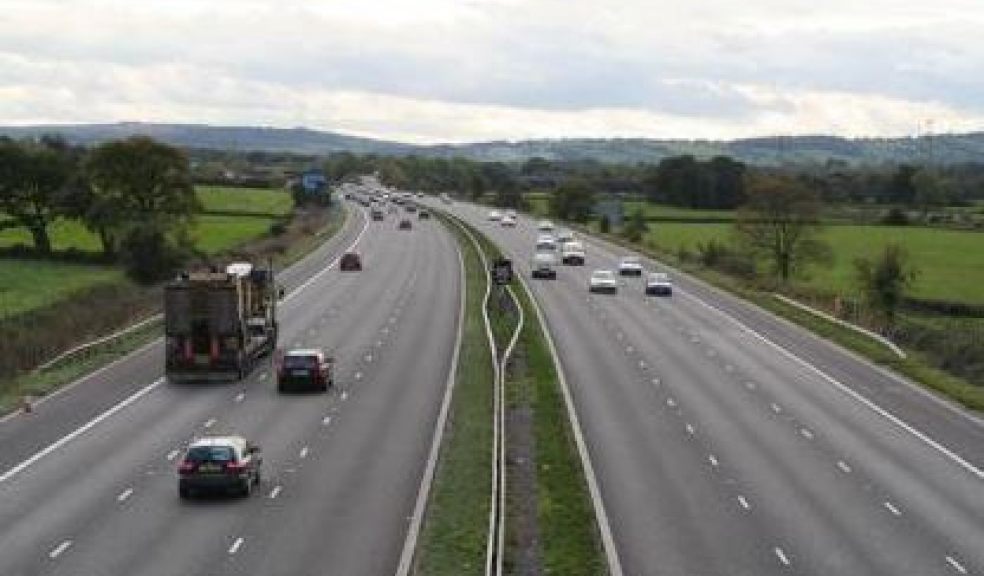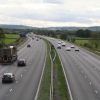
Exeter’s City Science wins national Roads for the Future competition
Exeter tech company City Science has been announced as one of two winners of the national Roads for the Future competition, scooping £25,000 from a dedicated £50,000 prize fund.
Launched in January alongside Highways England and Innovate UK, the Roads for the Future competition sought ideas for how the UK’s road network could be adapted to maximise the potential benefits of connected and driverless vehicles.
City Science has been recognised for its idea which examines how sections of roads in urban areas could initially be dedicated to driverless vehicles, as a key step in kick-starting their take-up and integrating them safely into the existing transport network.
Offering his congratulations, Chairman of the National Infrastructure Commission Sir John Armitt said he had been impressed by the quality of the entry.
Chair of the Judging Panel Bridget Rosewell added that the competition is “just the beginning” of preparing the country’s roads for this new technology, and that the competition should encourage further innovations in this area.
81 entries were received from across the country, with five being shortlisted for the final stage.
Chairman of the National Infrastructure Commission Sir John Armitt said:
“The vehicles of tomorrow will be very different to those we see around us today. We need to make sure our roads are ready for this revolution.
“With such a strong shortlist narrowing down the entries was no easy task, but the idea put forward by City Science set them apart.
“I’ve been really pleased by the enthusiasm for our competition, and I hope it leads to ever-greater interest not just in the technology in the vehicles, but also in the roads they will travel on.”
Chair of the Judging Panel for the Roads for the Future competition and Commissioner Bridget Rosewell said:
“The team at City Science demonstrated the creativity and ingenuity we were looking for. I congratulate them on their worthy success.
“This is just the beginning of getting our road system ready for the cars of the future and City Science’s idea is a great starting point for a wider debate that looks beyond the vehicle itself and towards the roads they will travel on.
“I hope this encourages further innovations looking at how we can get the most out of driverless technology.”
Chief Executive of City Science Laurence Oakes-Ash said:
“City Science are delighted to be joint winners of this fantastic competition. Over the past three months, this project has given us the opportunity to explore the enormous potential of CAVs and set out a tangible vision to deliver their benefits on the UK’s roads.
“It is essential that we get the rollout of CAVs right, using them in ways that can integrate with mass transit, promote healthy cities and create successful communities.
“We are thankful to everyone who contributed their time and expertise to this project and would also like to congratulate our joint winners Leeds City Council.”
Helping develop Roads for the Future
It is thought that the benefits of connected and driverless vehicles could include creating new travel opportunities, freeing up time focused on driving, and helping to improve safety. Other benefits could include increasing road capacity, enabling higher speed limits and shorter journey times, encouraging vehicle sharing, and releasing street space currently used for parking.
The competition’s result follows publication of the UK’s first-ever National Infrastructure Assessment, which examined preparing the country’s roads for both electric and driverless cars.
Among its recommendations were that the Government should develop a research framework for connected and autonomous vehicles, particularly focusing on the changes that will be required to the way that roads are planned, designed and operated to maximise the benefits that they could bring.

















